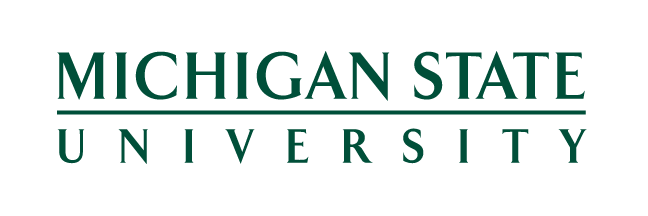Andrew Utter
EPIC Affiliated Researcher
Lisa Cortez Hendricks
Michigan State University
John Westall
EPIC Affiliated Researcher
Tanya S. Wright
Michigan State University
Katharine O. Strunk
University of Pennsylvania
A Research Report From EPIC
Understanding Opportunities for K-3 Teachers’ Professional Development in Literacy
September 2023
Michigan’s early literacy law, the Read by Grade Three Law, outlines specific requirements for supporting teachers, especially K-3 teachers, in improving their literacy practice through professional development focused on literacy, including one-on-one literacy coaching. Research supports the use of both one-on-one literacy coaching and other literacy professional development to improve teachers’ literacy practice and enhance student outcomes.
The objective of this report is to understand how Michigan’s K-3 teachers receive literacy professional development (including one-on-one literacy coaching), examine teachers’ satisfaction with these opportunities, and provide recommendations for improvement. The recommendations will address both areas of literacy instruction that require greater attention and structural barriers that hinder the overall delivery of literacy professional development to teachers.
Key findings include:
- Teachers report receiving progressively fewer hours of literacy professional development, including one-on-one literacy coaching, between 2019-20 and 2021-22. However, they had greater access to a wider range of one-on-one literacy coaching and other literacy professional development activities in 2021-22 than in 2020-21.
- Teachers are receiving support on a wide range of topics from both literacy coaches and through other literacy professional development. But evidence suggests that there is no clear system to ensure that all teachers receive literacy professional development on all aspects of evidence-based reading instruction.
- Teachers express a desire for more support to help them differentiate instruction, collaborate with families, and meet the needs of all of their students, especially those with reading disabilities such as dyslexia.
- Teachers feel literacy professional development opportunities improved their instruction, but time and human capital constraints limit their ability to fully utilize provided literacy professional development.



